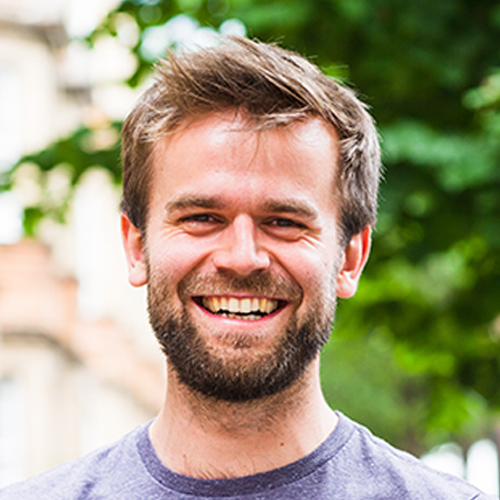Words you never want to hear a loved one say, let alone say it yourself: I’m going to die.
It’s not something that is often talked about, the finiteness of our nature, let alone its potential imminence. And if it comes up, most of the time our language allows us to avoid the ‘D’ word. War — the ultimate death machine — creates ‘collateral damage’ rather than the death of innocent civilians. George Orwell was unsurprisingly critical of this language, often adopted by politicians, that is ‘designed to make lies sound truthful and murder respectable, and to give an appearance of solidity to pure wind.’ [1]
But it isn’t just our often-lambasted politicians who face Orwell’s stinging critique. It is so much easier to say that someone has ‘passed away’, rather than they’ve died; ‘They’ve gone to a better place’, ‘not with us any more’, ‘at peace now’, ‘departed’—you can take your pick. When ‘certain topics are raised, the concrete melts into the abstract’. [2] We like to melt the concrete certainty of death into softer, more palatable phraseology, even when most of us don’t believe there is a better place at all. Why do we allow such non-sensical platitudes in our modern secular society? We are vehement and vocal in our denial of anything beyond this life, until someone goes beyond this life.
Our culture also seems to heavily promote the idea that the most desired thing for any individual is to live a long, happy life. It seems hard to argue with today, but older worldviews would. They valued honour and glory above that desire. They claimed some things are worth dying for. And whilst I don’t think those views are without their flaws, they provide a refreshing critique of the narrative we hear today. Writing in the fourteenth century, Thomas à Kempis asked ‘What good is it to live a long life when we amend that life so little? Indeed, a long life does not always benefit us, but on the contrary, frequently adds to our guilt.’ [3]
I’m ever-guilty of wanting to become a better person in the future, rather than today. I amend so little, because I can’t comprehend not having a tomorrow. Indeed, at the age of 27, most of the time I can’t comprehend not having a good 50 plus years left.
By way of contrast, speaking during the Second World War, C.S. Lewis noted that since one hundred percent of us die, the War did not make death more frequent. ‘Yet war does do something to death. It forces us to remember it. The only reason why the cancer at sixty or the paralysis at seventy-five do not bother us is that we forget them. War makes death real to us.’ [4]
So far, so bleak. But I’m not writing this to add to our already dreary social media feeds.
I believe there is a huge amount of life to gain in thinking more soberly about death. I think we avoid the most important things in life until an undefined ‘later’.
Do your loved-ones really know they are loved-ones? If not, tell them! Moreover, show them.
Can you really put off considering whether there is a God until your death bed? I cannot think of a more imperative question to address in your life, yet I’d wager it’s one that very few seriously engage with before it’s too late. Do you do whatever your job requires rather than stand up for your values? Values you don’t actually live by, can hardly be said to be very valuable at all.
Loving your loved ones, valuing your values and deciphering whether you have an eternal destiny, is key to a life that is truly alive. I’m not attempting to revive the rather jaded ‘YOLO’ philosophy in any way, but urging you to embrace what it means to be truly, deeply human. Rather than simply drifting through life, caught up in petty comparisons, accumulation of stuff we don’t need and praise from people we don’t even like—all of that nonsense is driven by assuming we have a ‘later’. It prevents us from living now.
Moreover, later allows us to live without holding anything we believe is worth dying for. I want to find things worth living for and even things worth dying for. And if I die for them, so be it. It will be worth it.
If I die soon, I don’t want to be found still waiting to live my life. I want to love unreservedly, explore the diversity and beauty this planet and its people have to offer, and live wholeheartedly. It won’t all be easy or pain-free, far from it. But isn’t it better than waiting for a later than never arrives?
When you started reading this article did you assume that I had a terminal illness? I think it’s indicative of our avoidance of death that we presume death only belongs to the terminally ill. The simple fact is, we all could write an article like this because we are all going to die. And it could be soon. We can’t stop death, but we can decide how much we’ve lived, loved and explored the fullness of life, before it’s too late.
The last thing I want is for my eulogy to sound like this: ‘Dearly beloved, we are gathered to remember Ben. A man who was planning on being a great colleague, friend and family man, one day. He always dreamed of living by his values but never felt it was the right time. But if his passing is any consolation, at least he now doesn’t have to get round to considering if there is a God. He knows.’
Later doesn’t really work, does it?


